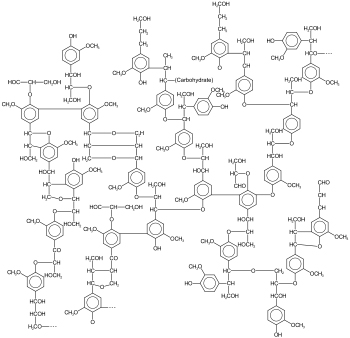Mr. Yang Lin (Ph.D. candidate in UCSB Geography) has been awarded a Doctoral Dissertation Improvement Grant (DDIG) from the NSF Division of Environmental Biology for his proposal, “Quantifying Changes in Lignin Chemistry During Photodegradation Versus Biotic Decomposition Using 2D NMR Spectroscopy.” According to the NSF website: “These grants provide partial support of doctoral dissertation research for improvement beyond the already existing project. Allowed are costs for doctoral candidates to participate in scientific meetings, to conduct research in specialized facilities or field settings, and to expand an existing body of dissertation research” (source).
Applicants must be current graduate students who are conducting research within the scope of the Directorate for Biological Sciences and have advanced to candidacy. These grants are highly competitive, with a funding rate of less than 15% in this competition. The award will help support the costs of Yang’s dissertation research on photodegradation of plant litter. Congratulations to Yang on this great honor!
Non-technical Abstract:
Lignin is the second most abundant compound synthesized by plants. It comprises approximately 15-40% of terrestrial biomass. Decomposition of lignin is critical for understanding carbon storage and sequestration in terrestrial ecosystems. Traditionally, lignin is thought to be only degraded by a small group of microorganisms, and its decomposition rate is slow. Recent studies suggest that lignin can be degraded by exposure to solar radiation (or photodegradation). Two dimensional nuclear magnetic (2D NMR) resonance spectroscopy is a new and relatively cost-effective method to examine the chemical composition of lignin at a molecular level. The primary goal of this project is to examine through 2D NMR how photodegradation and microbial decomposition processes differ in altering lignin chemical composition. The proposed study is important to society because of its relevance to carbon cycle science. Results of this study will contribute to a better understanding of lignin degradation, which is critical to unlocking decomposition processes more broadly.
Editor’s note: Many thanks to Professor Jennifer King for providing this material.

.jpg)


